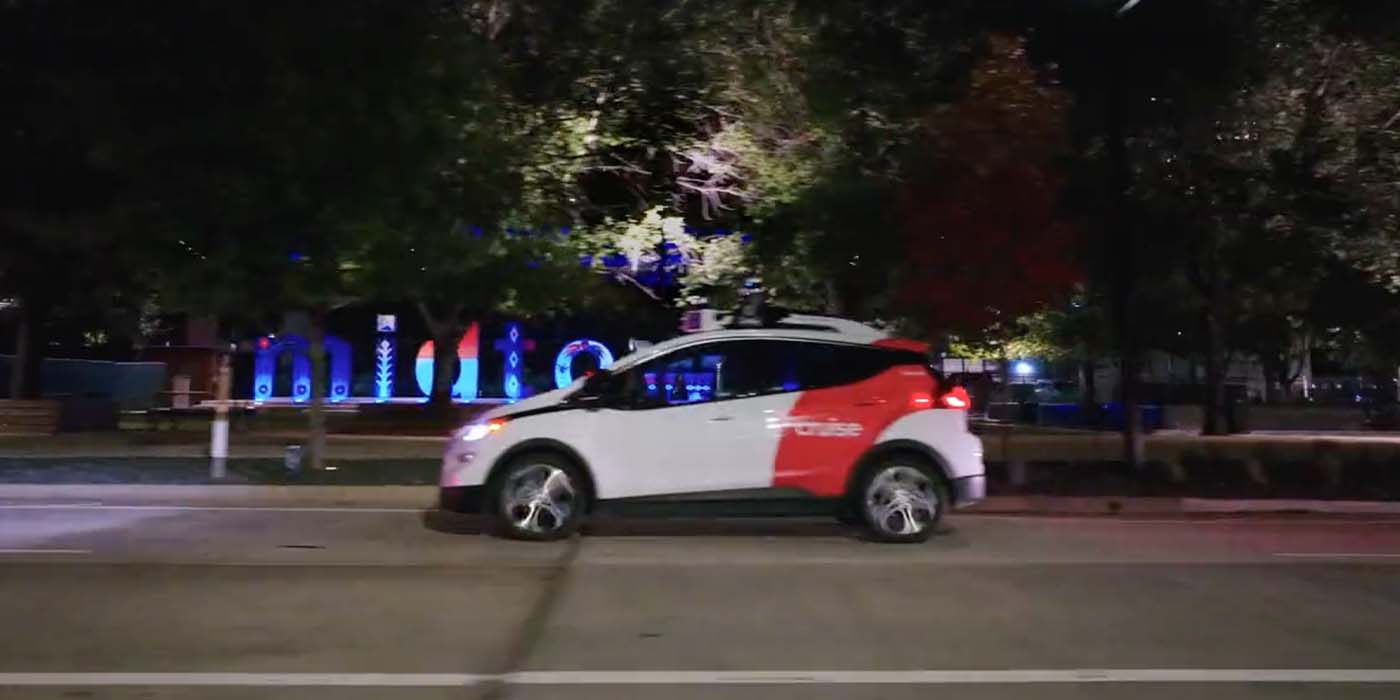
The fallout from robotaxi company Cruise continues, as now General Motors has just filed a lawsuit against San Francisco for $121 million in what it calls unfair taxes and penalties since it acquired Cruise. GM argues that San Francisco charged the company an inflated tax rate because it factored in its Cruise self-driving car division, which GM says is a separate entity.
It all gets a bit muddy, but GM argues that San Francisco has unfairly tied its global revenue to Cruise’s side of the business, tallying up a taxable bill of $3 billion last year alone rather than a more modest figure generated by GM alone, Bloomberg reports. Since 2016, when GM bought Cruise, which is headquartered in San Francisco, GM has paid $108 million in city taxes to San Francisco, plus $13 million in interest. And now the company is suing to get that money back.
GM argues, not counting Cruise, that it has very low sales in San Francisco and practically no personnel, with no physical locations, no manufacturing plants, and no dealerships located there.
In the lawsuit, which was filed with the California Superior Court and the County of San Francisco, GM claims that its operations and revenue models are not shared with Cruise and that the two companies had an arrangement to operate “at arm’s length,” according to Bloomberg.
GM has already been hemorrhaging money from its big bet on Cruise, having lost $1.9 billion on Cruise expenses between January and September this year, in addition to a $732 million loss in the third quarter. Since Cruise’s infamous incident involving a pedestrian, GM has stepped in to take a bigger role in leading the company, with the automaker’s general counsel Craig Glidden now co-president along with Cruise’s Mo Elshenawy.
As for Cruise, the company has been in a nosedive since October 2 when a Cruise robotaxi dragged a San Francisco pedestrian more than 20 feet before braking – the pedestrian was first hit by a human-driving car before being flung into the path of a Cruise vehicle. California’s Department of Motor Vehicles quickly pulled Cruise’s operating permit, with Cruise voluntarily pausing all of its operations nationwide soon thereafter.
Meanwhile, a federal probe and independent investigations also dug up internal documents, which detailed pretty awful details about the vehicle’s algorithm – such as it had trouble identifying children, which wasn’t a secret to company staff.
Since, GM has stepped in to take a bigger role, with CEO and founder Kyle Vogt resigning on November 19, followed by a mass layoff of 900 employees as well as nine top execs.
Cruise is facing a potential $1.5 million in fines and additional sanctions over its failure to disclose details about the accident. So, unfortunately for GM, this headache isn’t going away anytime soon.
FTC: We use income earning auto affiliate links. More.


Comments